Weddings are momentous occasions filled with joy, laughter, and countless memories.
Photography plays a crucial role in preserving these memories, but it’s essential for couples and photographers alike to understand the legalities surrounding the images produced. Canadian copyright laws provide a framework for defining how wedding photos are created, owned, and used. Below, we delve into these nuances to ensure you can enjoy your special day’s memories without infringing on legal rights.
Who Owns Wedding Photographs?
In Canada, the default rule under the Copyright Act is that the photographer or the entity commissioning the photographer (often the photography studio) holds the copyright to the photographs. This applies unless there is an agreement that states otherwise. Essentially, when a photographer presses the shutter button, they create an artistic work protected under copyright law.
Implications for Wedding Couples
For couples, this means that although you have commissioned and paid for the service, you do not automatically own the copyright to the photos. Ownership entails the exclusive right to reproduce, distribute, and publicly display the images. Therefore, without explicit rights granted by the photographer, the couple cannot assume they can use the images freely.
Understanding Your Photography Contract
A clear, comprehensive contract between the photographer and the couple is crucial. This contract should outline:
Usage Rights: Specific details on how the couple can use the images.
Distribution Rights: Whether the couple can share photos online or with other vendors.
Editing Rights: Clarification on whether the couple or others can edit the images.
Duration of Rights: How long the couple can use the photos.
Couples should carefully review and negotiate these terms to align with their needs, often seeking provisions that allow for personal use, sharing on social media, and obtaining physical copies.
Legal Dos and Don’ts for Wedding Couples
Understanding what is legally permissible with your wedding photos is essential to avoid potential conflicts or legal issues. Here are some key points:
Do:
Review and Negotiate Contracts: Before signing, ensure that the terms meet your expectations and needs.
Ask for Personal Use License: This allows you to print photos and use them for personal purposes.
Credit the Photographer: When posting online, it’s courteous and often required to credit the photographer.
Don’t:
Reproduce without Permission: Do not make additional prints, copies, or albums without the necessary rights.
Edit Images: Altering the appearance of photos (cropping, color adjustment, filters) without permission can infringe on the photographer’s moral rights.
Use Commercially: Using wedding photos for commercial purposes, such as in advertisements or selling them, is prohibited without explicit permission.
Sharing Wedding Photos
With the prevalence of social media, couples often wish to share their joy online. It’s typically permissible to post wedding photos on personal social media profiles if the photographer grants this right. However, tagging vendors or using the images in a way that could be seen as promotional could require additional permissions.
Consequences of Copyright Infringement
Violating copyright law can lead to legal actions from the photographer. Penalties can include financial compensation for damages and mandatory cessation of the unauthorized use. To avoid such outcomes, abide strictly by the terms detailed in your photography contract.
Educating Guests
It’s also wise to inform your wedding guests about the copyright status of your photos. Encourage them to respect the professional’s work and avoid reposting or using photos without clear permission from you or the photographer.
Conclusion
In Canada, wedding photography is protected under copyright laws that assign ownership to the creator of the images, typically the photographer. As a couple, ensuring you understand and negotiate your rights in terms of the use, sharing, and reproduction of your wedding photos is critical. Always refer back to your contract for specifics on what is allowed and seek to amend terms before agreeing if necessary. By respecting copyright laws, you not only protect yourself legally but also respect the creative rights of the photographer who helped capture your memorable day.
For any further questions, consulting with a legal expert in copyright law can provide tailored advice and help navigate specific issues related to your wedding photos.
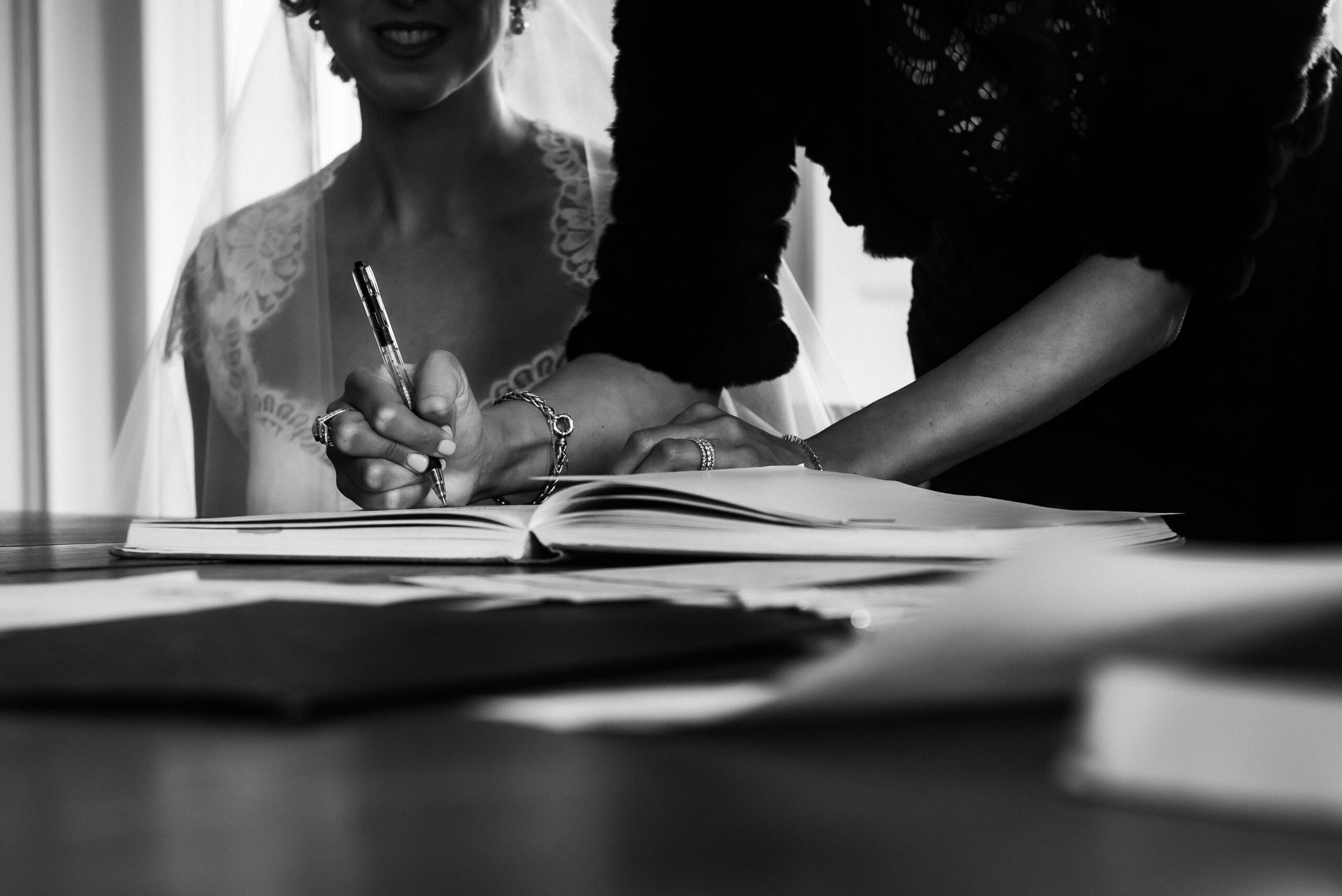
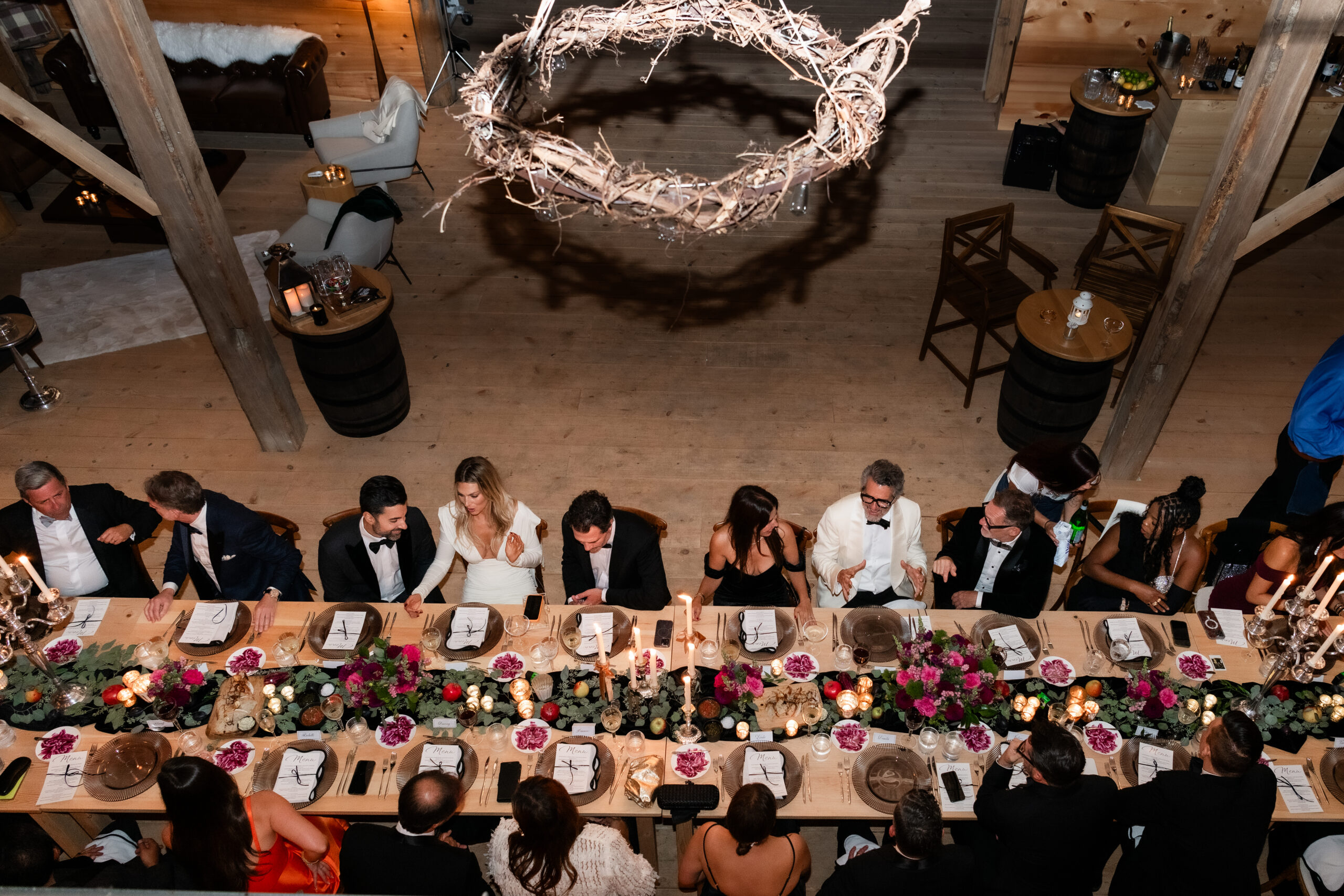
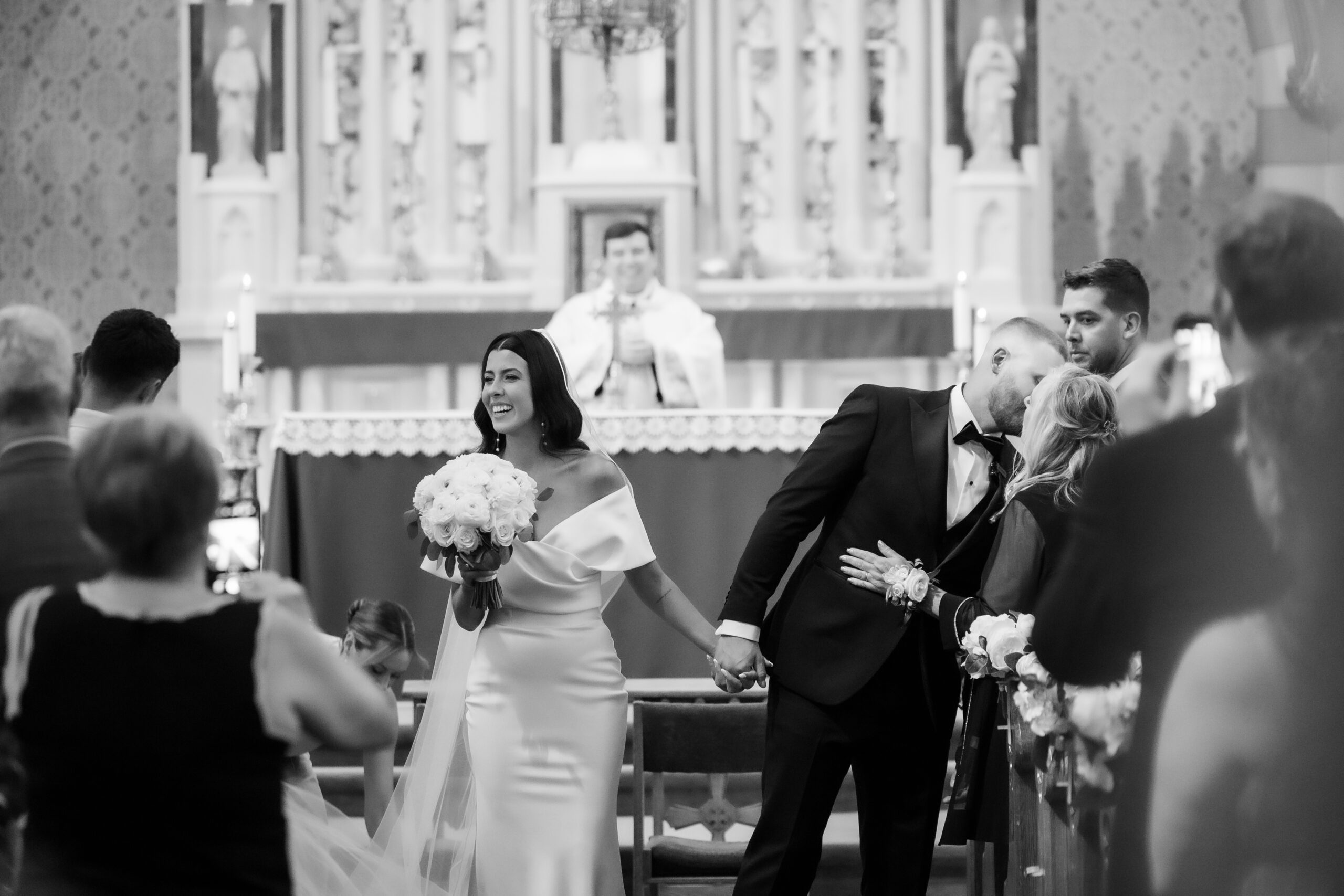
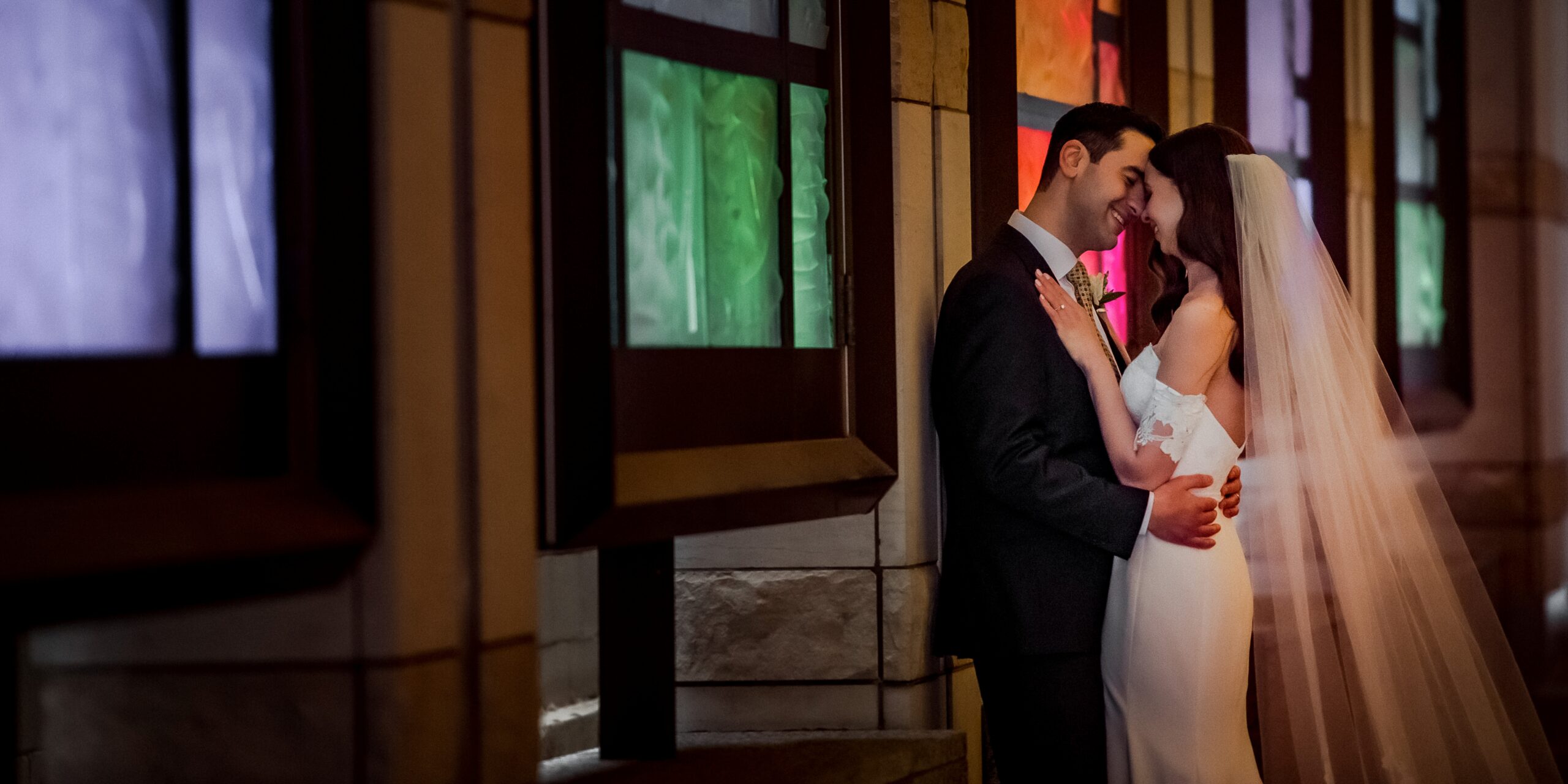
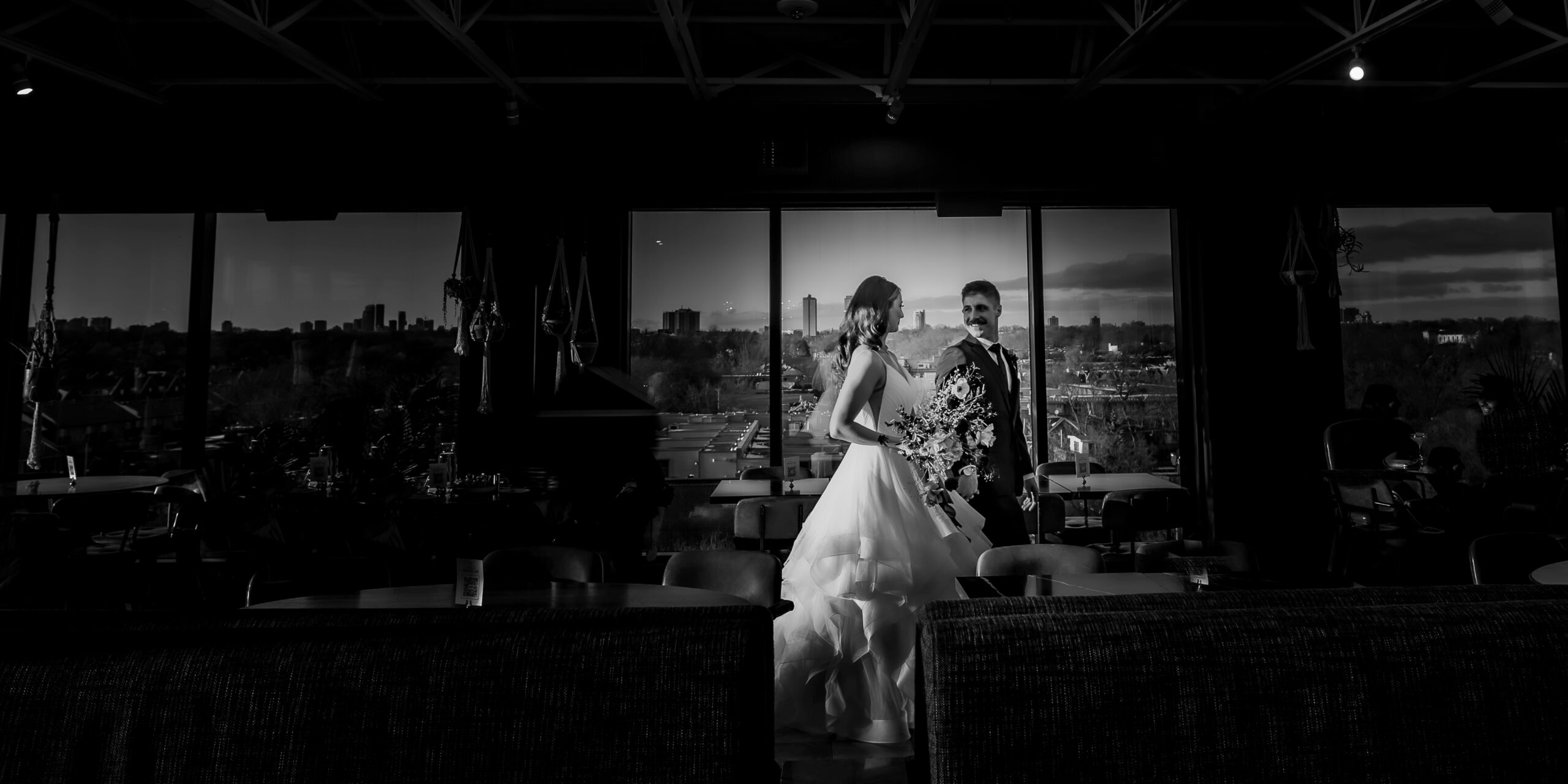
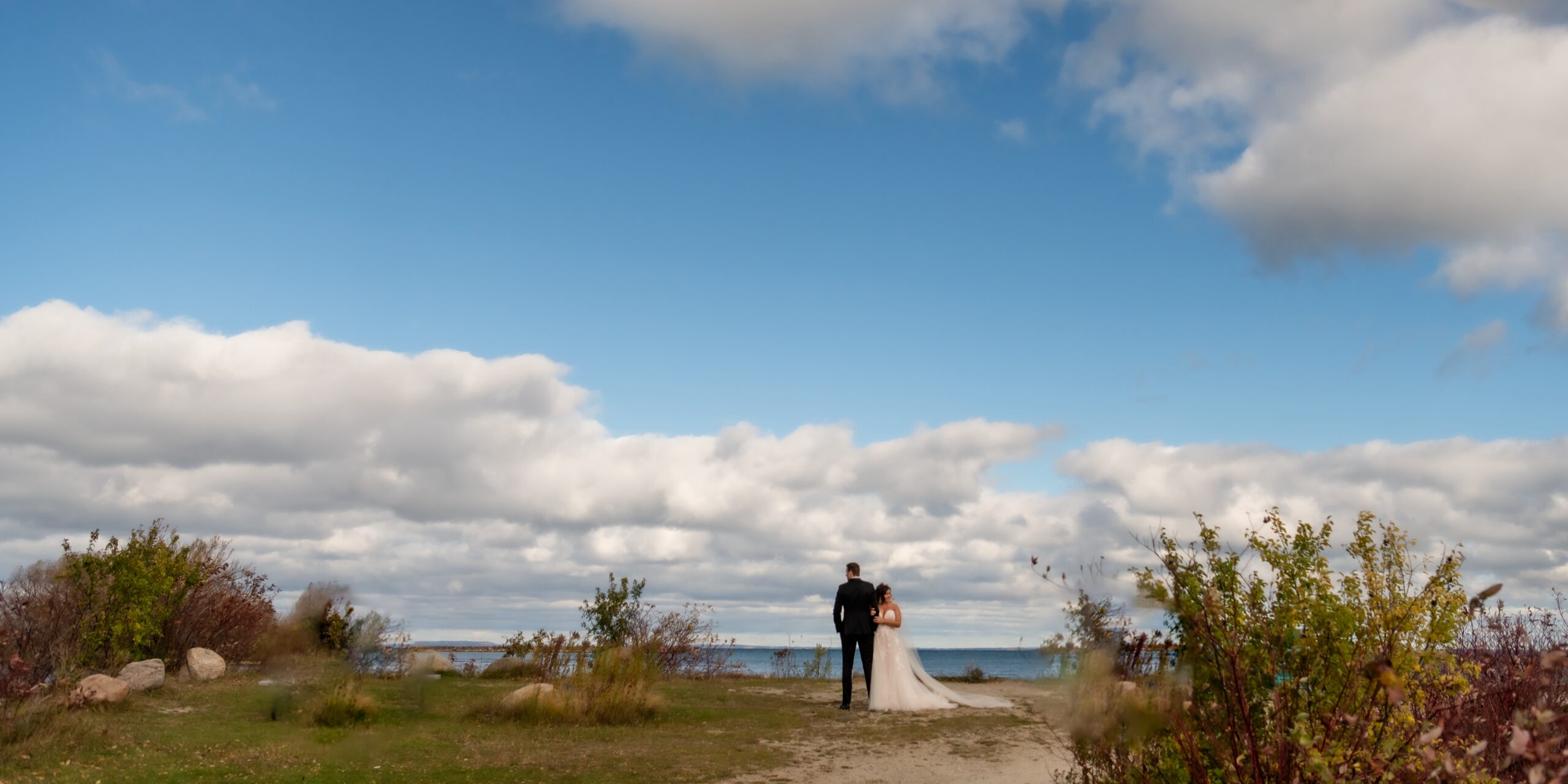
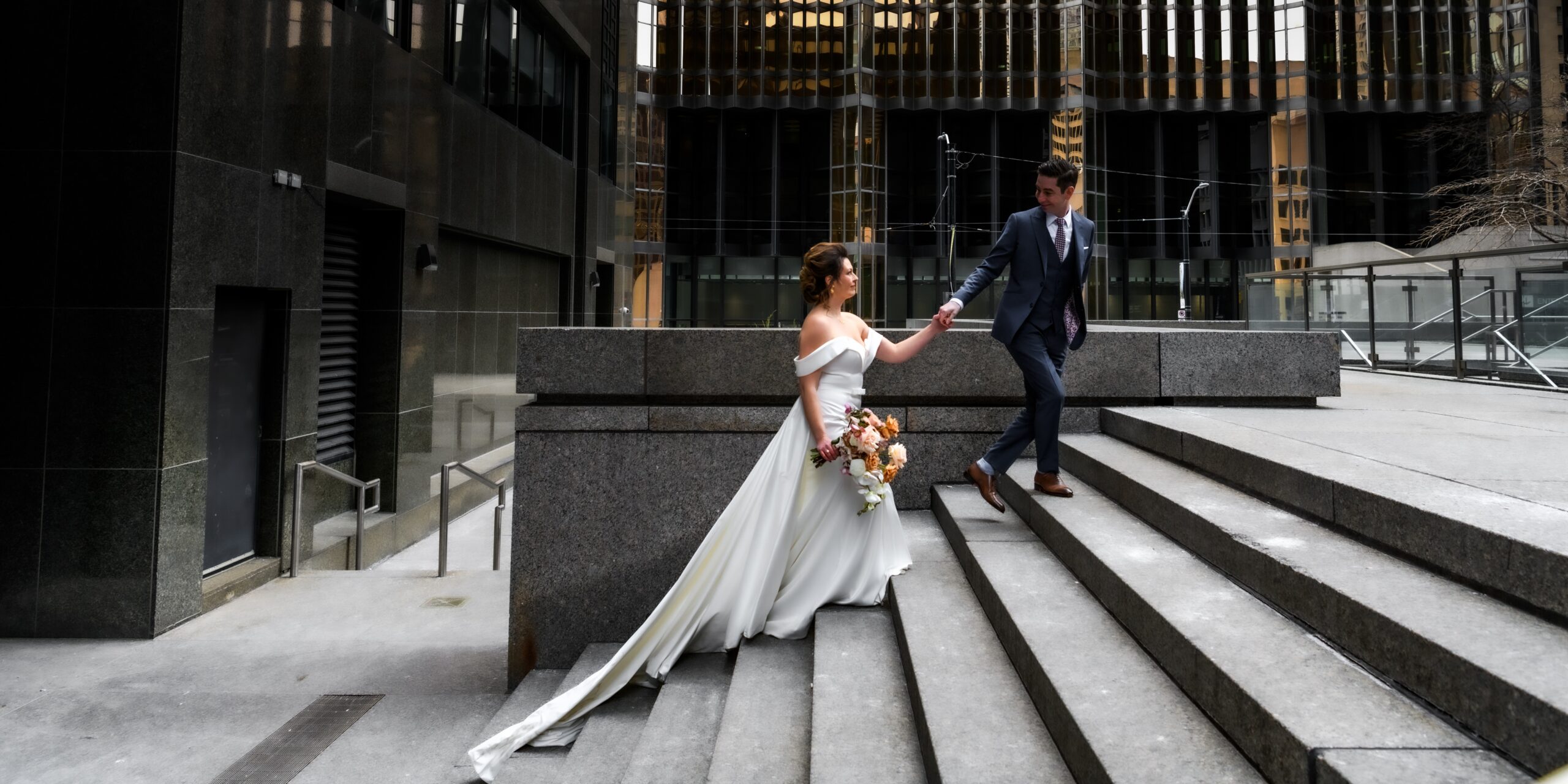
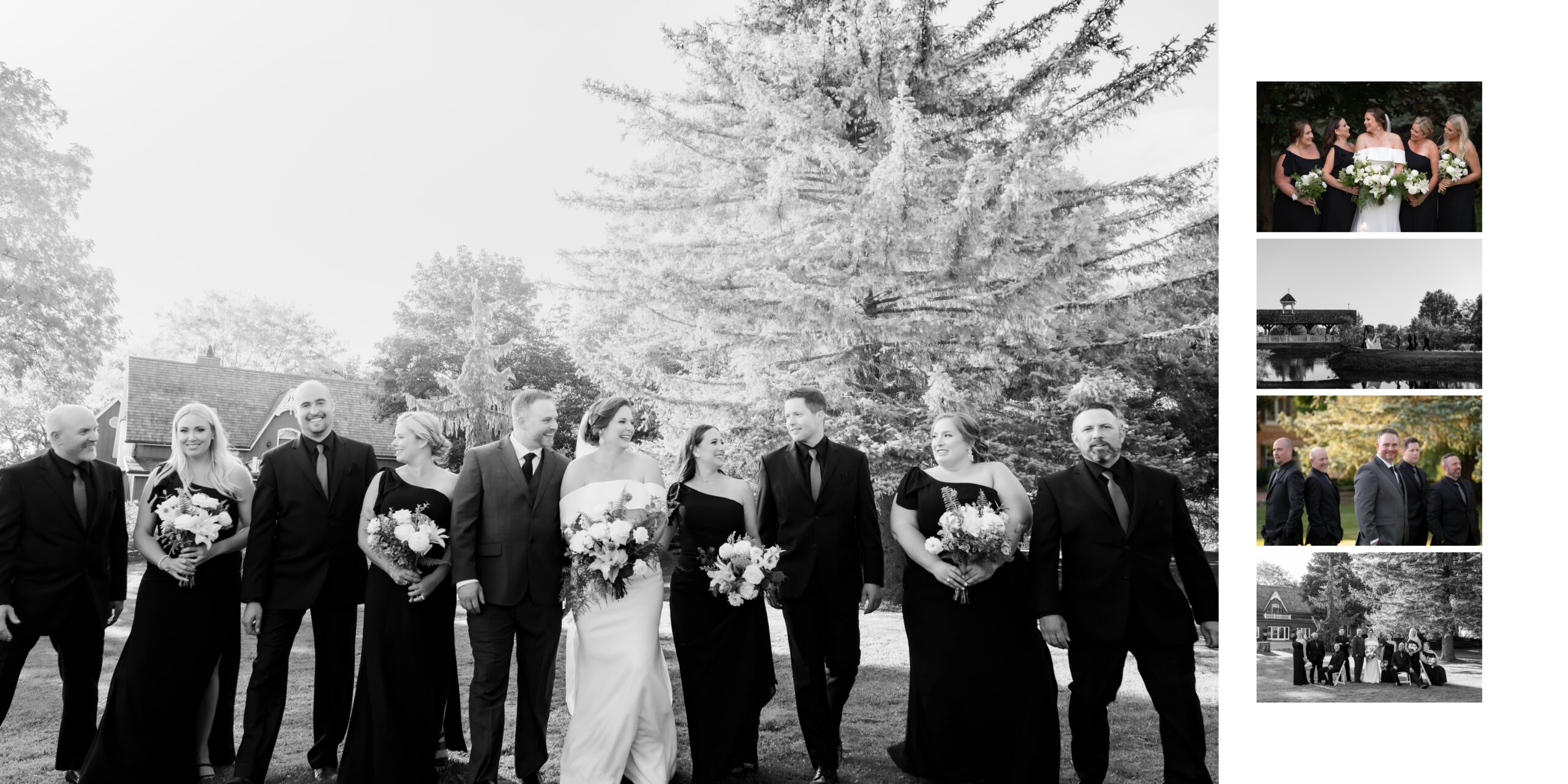

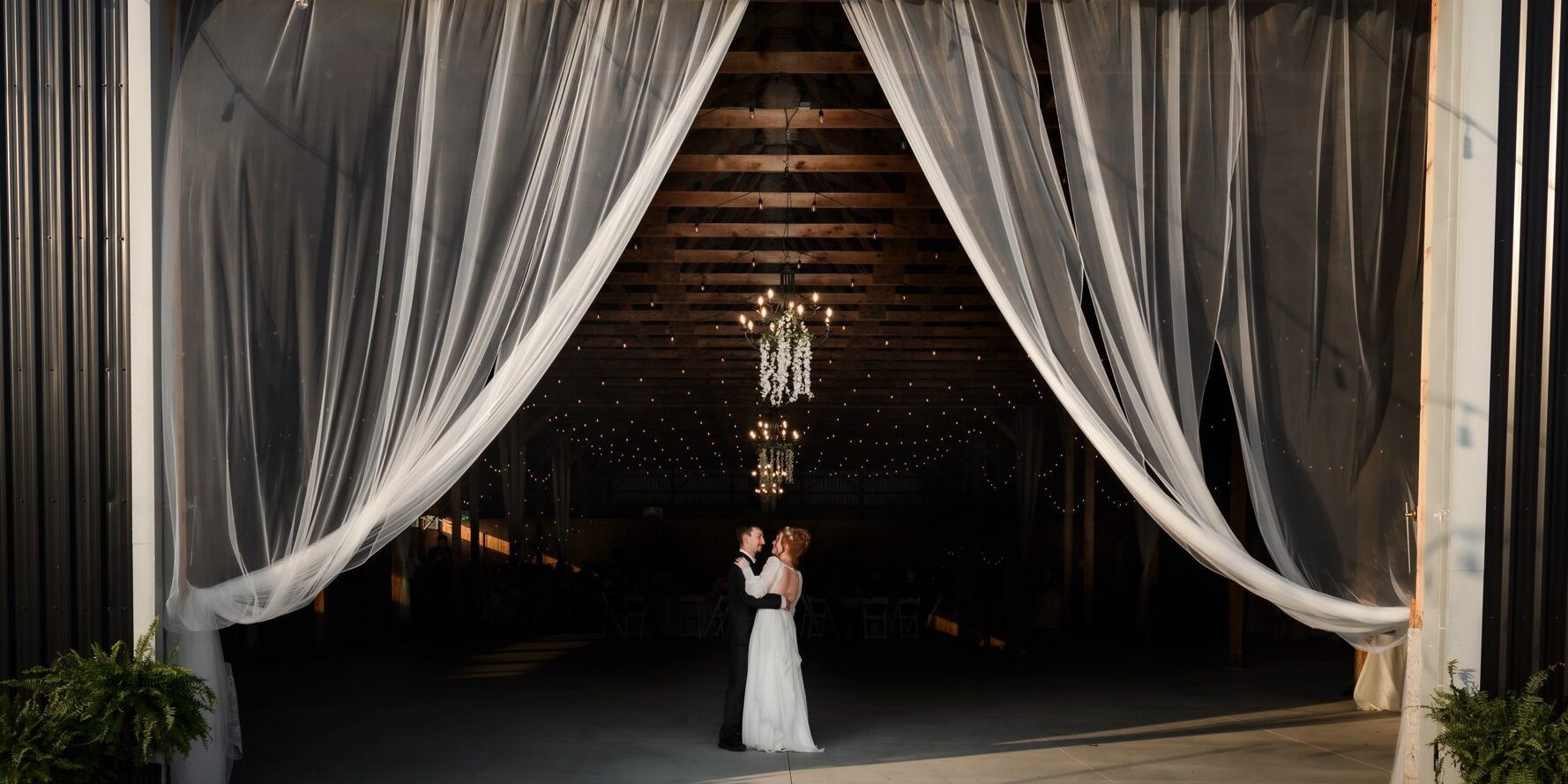
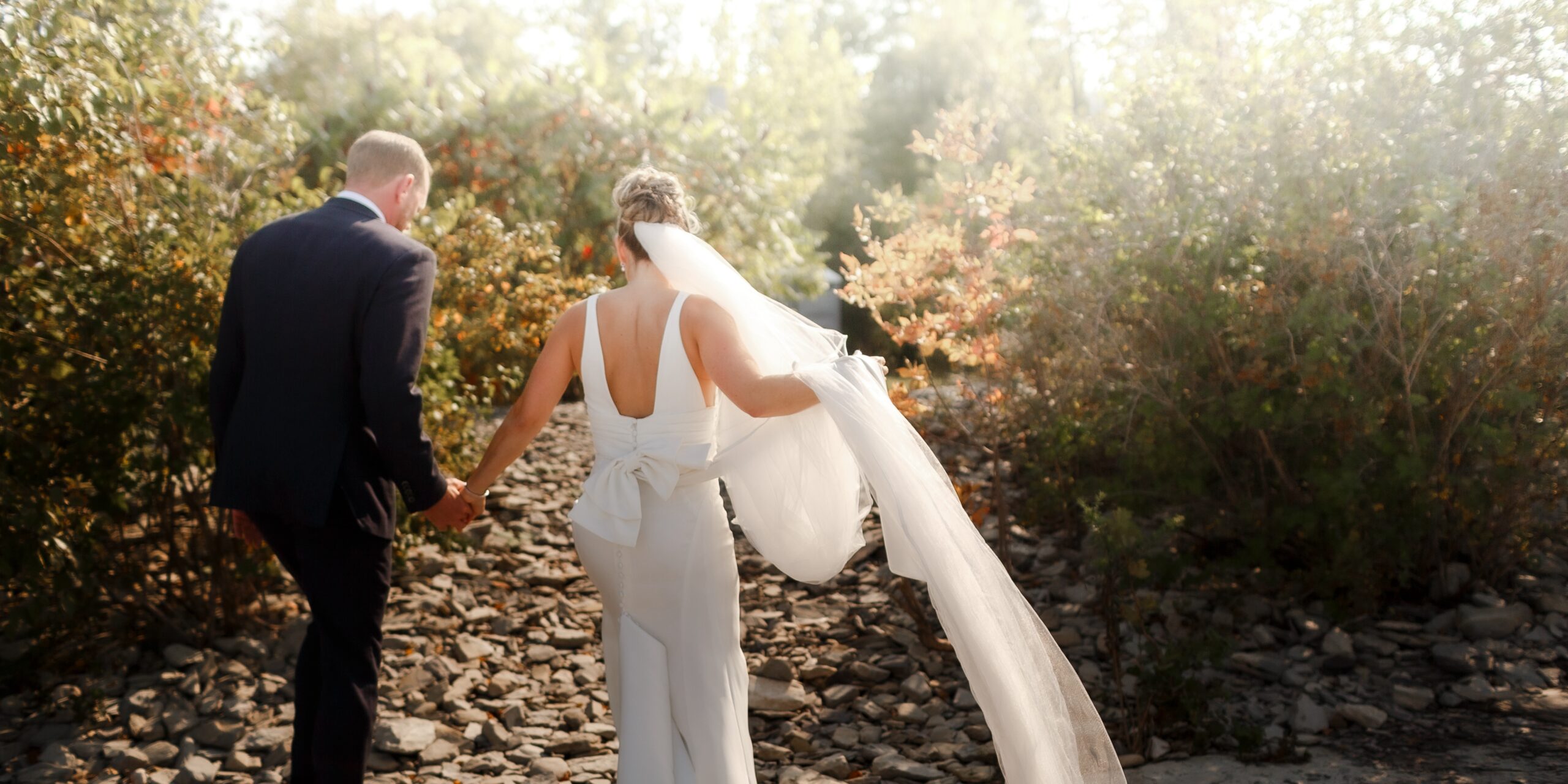
leave a comment